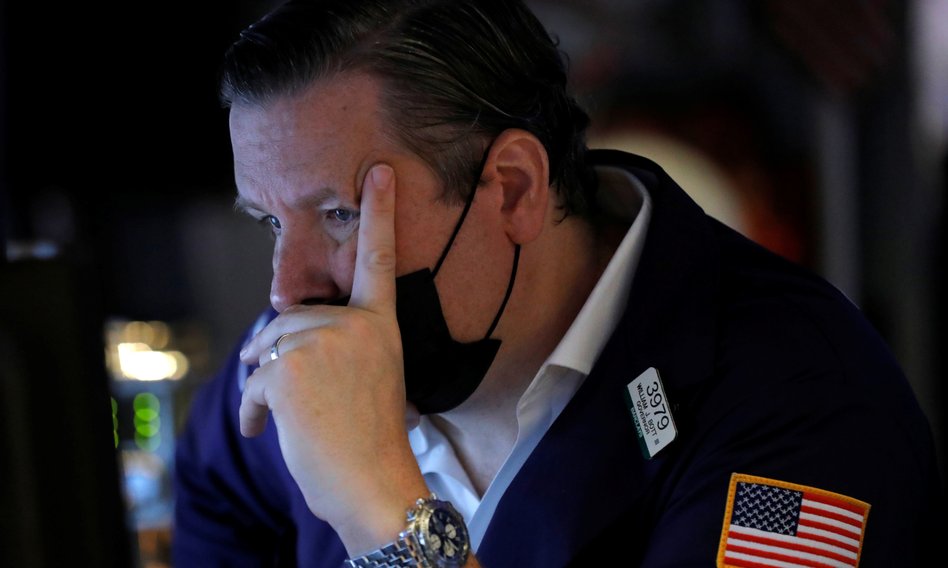Publishing
2021-09-30 22:21


September was the first month since January that the S&P500 ended below the line. However, the dips were too superficial to even call it a “correction”. Cyclical companies have been weaker than the tech giants that have weighed down indices in the previous days.
It was the last day of a statistically weak month for US stocks. At the same time, it was also the last session of the third quarter. The Dow Jones ended 1.59% lower at 33,843.33 points. The blue-chip index was weakly affected by the classic cyclical companies. That is, those whose financial results (and their valuation) strongly depend on the economic situation. 3M shares were discounted by 2.5%, Caterpillar by 2.2% and Boeing by 1.8%.
Big tech companies (Amazon, Apple, Alphabet, etc.) ended the day with much lower declines, thanks to which the Nasdaq fell only 0.44%. The S&P500 fell 1.19%, ending the quarter at 4,307.44 points.
On a monthly basis, the S&P500 lost 4.8% and was the first month of decline since January and only the fourth since the start of the Covid boom in March 2020. This mini-correction (at least for now) began after the S&P500 set a new all-time high. Launch in early September. The Nasdaq is also down 5.3% after hitting an all-time high in September, its worst monthly return since March 2020. The Dow Jones is down 4.3%, making it the weakest month since October 2020.
So the dips were neither deep nor surprising. However, the Dow Jones Industrial Average returned to its levels in April, and the S&P500 wiped out everything it managed to achieve in July and August. On a quarterly basis, the S&P500 managed to gain 0.2%, but the Nasdaq lost 0.4% and the Dow Jones 1.9%. So it was the first “red” quarter on Wall Street since the March 2020 crash.
Traditionally, the end of September and the beginning of October have been a poor season for US stocks. Nobody needs to be reminded of that October on Wall Street is famous as the month of meltdowns (1907, 1929 , 1987, 1997, 2008). What’s more, the recent falls on Wall Street were last seen exactly a year ago. Stock prices have risen monotonously since then — the S&P500 is up 14.7% from a year ago, and the Nasdaq is up nearly 30% in the past 12 months.
There are also reasons why the stock market is crashing now. The Federal Reserve is trying to restrict its bond-buying program (colloquially known as “reprint money”). In Washington, deadlock over raising the debt limit will likely threaten US bankruptcy (which is unlikely, though). Corporate valuations are muddled, and the expected earnings dynamics have clearly slowed down. The macroeconomic environment is also deteriorating, high inflation amid record low interest rates Threatens to repeat the stagflation of the 1970s.

Echo Richards embodies a personality that is a delightful contradiction: a humble musicaholic who never brags about her expansive knowledge of both classic and contemporary tunes. Infuriatingly modest, one would never know from a mere conversation how deeply entrenched she is in the world of music. This passion seamlessly translates into her problem-solving skills, with Echo often drawing inspiration from melodies and rhythms. A voracious reader, she dives deep into literature, using stories to influence her own hardcore writing. Her spirited advocacy for alcohol isn’t about mere indulgence, but about celebrating life’s poignant moments.









